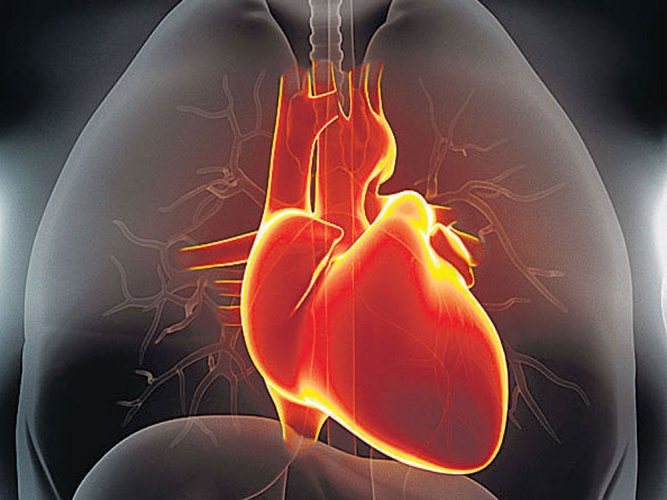Drugs In Prostate Cancer Protocol Can Cause Fatal Heart Condition.
Source: Thailand Medical News Aug 06, 2019 5 years, 8 months, 2 weeks, 6 days, 12 hours, 35 minutes ago
Male patients with prostate cancer usually have to take common testosterone-blocking drugs as a part of their treatment protocol. However new research conducted by the Sorbonne University in Paris came up with startling results that clearly showed those so-called
antiandrogens also put them at risk for a deadly heart condition.

The findings of the study published on the 5
th Of August in the American Heart Association journal
Circulation, in it the researchers disclosed at how several testosterone-blocking drugs affect the heart's QT interval:the time it takes the heart cells to recharge in between beats.The longer a QT interval, typically measured by an electrocardiogram, the more at risk a patient is to develop serious heart rhythm problems and a condition called
torsade de pointes, which can result in sudden death. Females naturally have a longer QT interval than men, and are usually at a higher risk for this form of arrhythmia.
Associate Professor Joe-Elie Salem , lead author commented in an exclusive interview with Thailand Medical News, "Testosterone is in part responsible for the protective effect in adult males. We wanted to see if blocking testosterone with antiandrogens could lead to acute QT prolongation and sudden death.”
The research team used VigiBase, a global health database of reports of suspected adverse effects of medicines filed since the late sixties. They searched for cases of men with long QT, torsade de pointes or a sudden death associated with testosterone-blocking therapy. Seven of the 10 drugs they reviewed were disproportionally associated with either long QT, torsade de pointes or sudden death.
Enzalutamide, a drug which is used to treat metastatic prostate cancer, was linked with more deaths than any other antiandrogen.
More research should explore the interaction between antiandrogens and other drugs and conditions that also can also prolong QT. For example, electrolyte disorders caused by low potassium can impact the heart's rhythm. It was cautioned that when giving one antiandrogen drugs, one should probably monitor for torsade de pointes and be very careful about controlling the other risk factors for QT prolongation.
Certain antibiotics such as ciprofloxacin and antidepressants such as citalopram, known by its brand name, Celexa are also known to increase torsade de pointes risk and patients on antiandrogens should not be prescribed these for any conditions.
It was suggested oncologists and cardiologist have work together to manage QT prolongation and the risk of torsade de pointes in high-risk prostate cancer patients.
